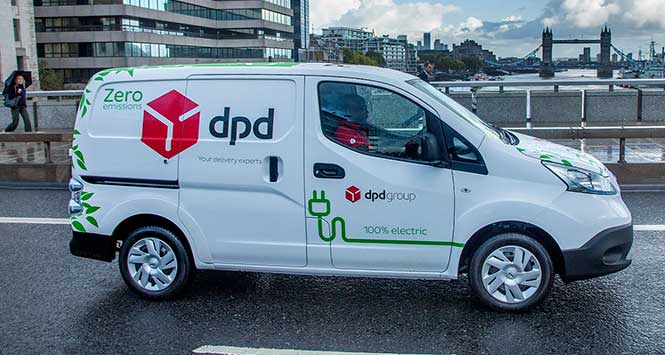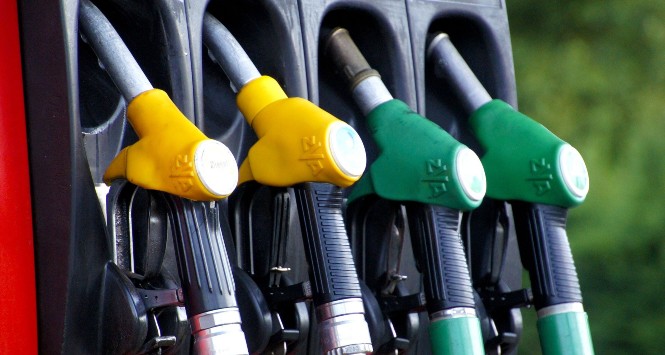There are challenges and opportunities in equal measure for Scottish forecourts as the CMA highlights concerns about a lack of choice and availability of electric vehicle chargepoints.
by Liz Wells
As political momentum continues to build around electric vehicles (EVs), there are both challenges and opportunities aplenty for forecourt retailers in Scotland. The latest salvo sees the Competition and Markets Authority (CMA) set out measures to ensure a UK-wide national network of electric vehicle chargepoints is in place ahead of the 2030 ban on the sale of new petrol and diesel cars.
The CMA is concerned about the choice and availability of chargepoints at service stations, particularly on main roads and motorways and is also concerned that the roll-out of on-street charging by local authorities is too slow. It also highlights how rural areas risk being left behind with too few chargepoints due to lack of investment.
The CMA’s key recommendations are that:
- UK government sets out an ambitious national strategy for rolling out EV charging between now and 2030. This must sit alongside strategies from the Scotland, Wales and Northern Ireland governments, building on the work already being undertaken by all governments. Energy regulators should also ensure that it’s quicker and cheaper to connect new chargepoints.
- Governments support local authorities (LAs) to boost roll-out of on-street charging – including defining a clear role for LAs to manage the roll-out in their area and providing funding for the expertise needed for this to happen.
- UK government attaches conditions to its £950m Rapid Charging Fund, which it is planning to use for grid upgrades at motorway service stations, to open up competition so that drivers have a choice of charging provider at each service station.
Andrea Coscelli, Chief Executive of the CMA, said: “There needs to be action now to address the postcode lottery in EV charging as we approach the ban on sales of new petrol and diesel cars by 2030.
“Our recommendations will promote strong competition, encourage more investment, and build people’s trust, both now and in the future. The CMA has also opened a competition law investigation into EV charging along motorways and will continue to work with government and the industry to help ensure electric vehicle charging is a success.”
Meanwhile, seven major British companies, including the operators of some of the largest commercial vehicle fleets in the country, are working together to work to help accelerate the mass adoption of electric vehicles across the UK.
The seven companies – BP, BT, Direct Line Group, Royal Mail, Scottish Power, Severn Trent and Tesco – are working together as the Electric Vehicle Fleet Accelerator (EVFA). The companies are aiming to use electric fleets as a catalyst to speed up widespread conversion to electric vehicles across Britain.
The EVFA has published a 35-page report which details how supportive government policy could help unlock private sector investment of £50bn in infrastructure and in electric fleets in the UK over the next five years.
If the government delivers on this agenda, the EVFA members have committed to converting their fleets to electric vehicles by 2030, and to buying 70,000 British-built vans by 2030 or sooner.
The EVFA report spells out detailed recommendations for action, immediately and over the next decade and by both industry and government. It is focused in four key areas:
- Future-proofing the electricity network infrastructure: ensuring that price controls and funding measures reflect the scale of the challenge, the need to invest in the network ahead of need, and support levelling up with investment in areas the market doesn’t reach.
- Enabling the UK-wide rollout of charging infrastructure: fast-tracking EV charging infrastructure in the planning system, aligning with local authorities to unlock land for charging infrastructure, and setting clear funding frameworks.
- Overcoming demand obstacles: increasing capital support for grid reinforcement costs, introducing minimum standards for reliability, safety and interoperability, and improving access to public charging networks.
- Expanding the supply of UK-made vehicles: providing strong demand signals to OEMs from fleets, setting increasing requirements for zero-emissions vehicles for manufacturers, and incentivising the second-hand electric vehicle market with VAT exemption.
Tesco Chief Executive Ken Murphy said the supermarket giant will fully electrify its fleet by 2028 as part of its commitment to net zero. He said: “Businesses can support the UK’s transition to zero emissions transport by switching to electric company fleets and helping customers do the same. If implemented, the recommendations in this report will deliver game-changing electric vehicle infrastructure for businesses and the public.”






